📗 Libro en inglés STEPPENWOLF
MACMILLAN (S&S) - 9781250074829
Sinopsis de STEPPENWOLF
With its blend of Eastern mysticism and Western culture, Hesse''s best-known and most autobiographical work is one of literature''s most poetic evocations of the soul''s journey to liberation.
Harry Haller is a sad and lonely figure, a reclusive intellectual for whom life holds no joy. He struggles to reconcile the wild primeval wolf and the rational man within himself without surrendering to the bourgeois values he despises. His life changes dramatically when he meets a woman who is his opposite, the carefree and elusive Hermine. The tale of the Steppenwolf culminates in the surreal Magic Theater-For Madmen Only!
Originally published in English in 1929, Steppenwolf''s wisdom continues to speak to our souls and marks it as a classic of modern literature.
For more than twenty years, Picador has been producing beautifully packaged literary fiction and nonfiction books from Manhattan''s Flatiron Building. Our Twentieth Anniversary Modern Classics line pairs iconic books - The Virgin Suicides by Jeffrey Eugenides, Steppenwolf by Herman Hesse, Jesus'' Son by Denis Johnson, and Housekeeping by Marilynne Robinson - with a design that''s both small enough to fit in your pocket and unique enough to stand out on your bookshelf.
Ficha técnica
Editorial: Macmillan (S&s)
ISBN: 9781250074829
Idioma: Inglés
Encuadernación: Tapa blanda
Fecha de lanzamiento: 23/11/2015
Año de edición: 2015
Especificaciones del producto
Escrito por Hermann Hesse
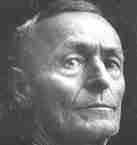
Calw, (1877-1962). Hermann Hesse abandonó su familia desde muy joven y trabajó en distintos oficios hasta que consiguió publicar la novela Peter Camenzind (1904), donde Hesse expresaba la rebeldía de los hijos contra los padres, asunto recurrente en Bajo la rueda (1906). En Gertrudis (1910), Hesse narró la historia de un matrimonio desgraciado como fue el suyo y, un año después, realizó un viaje a la India que le inspiraría Siddharta (1922). Antes había publicado Demian (1919), su obra más conocida junto a El lobo estepario. Su última novela fue El juego de abalorios (1943), una tentativa de síntesis de la filosofía oriental y la occidental. El conjunto de su obra fue galardonado en 1946 con el Premio Nobel de Literatura.
Descubre más sobre Hermann Hesse Recibe novedades de Hermann Hesse directamente en tu email
Opiniones sobre STEPPENWOLF
¡Sólo por opinar entras en el sorteo mensual de tres tarjetas regalo valoradas en 20€*!

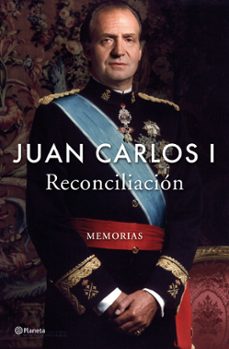




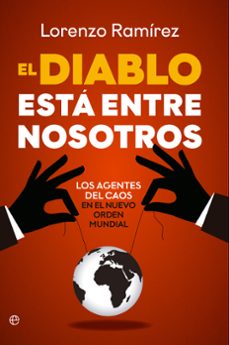


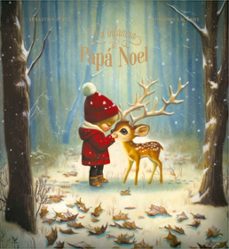




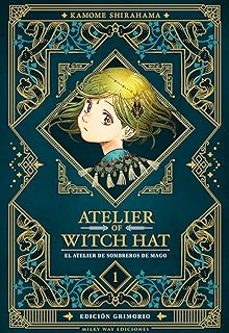
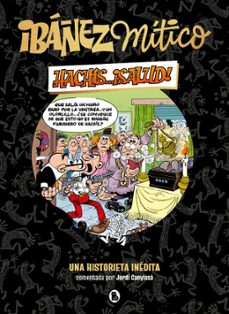
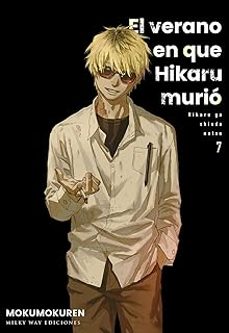

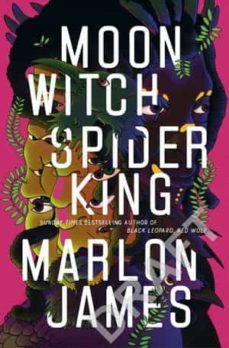
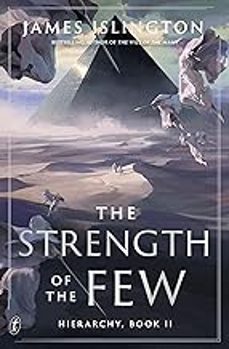





![harry potter y el cáliz de fuego (harry potter [ediciones ilustra das interactivas] 4)-j.k. rowling-9788419868497](https://imagessl7.casadellibro.com/a/l/s5/97/9788419868497.webp)



